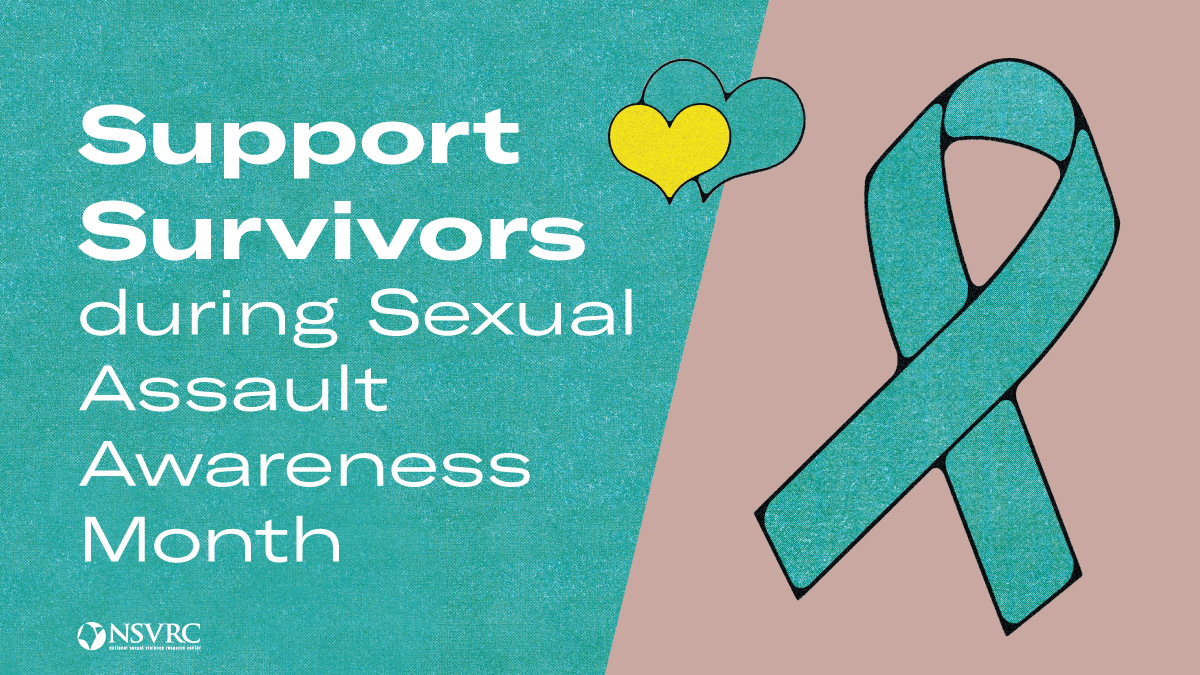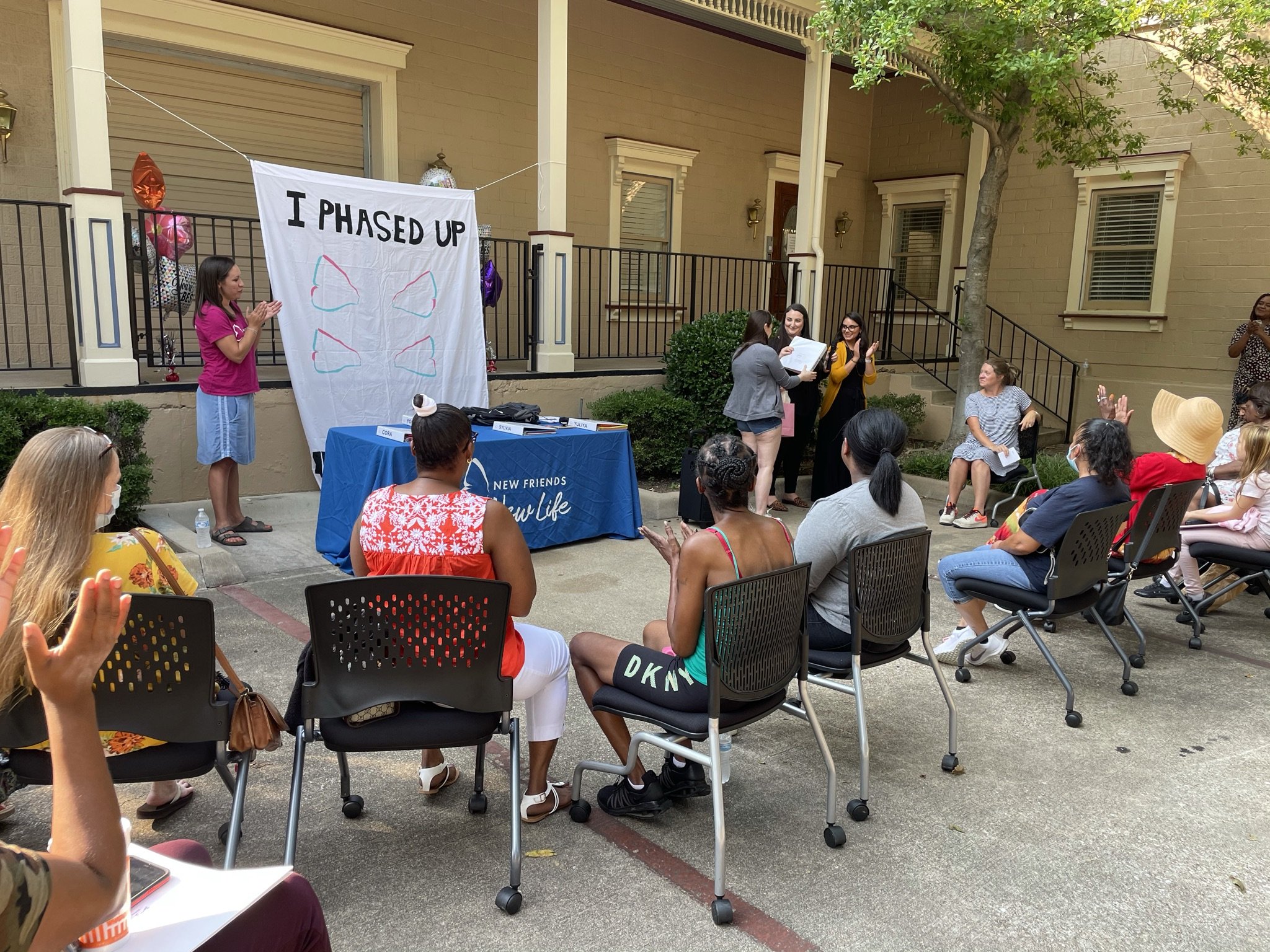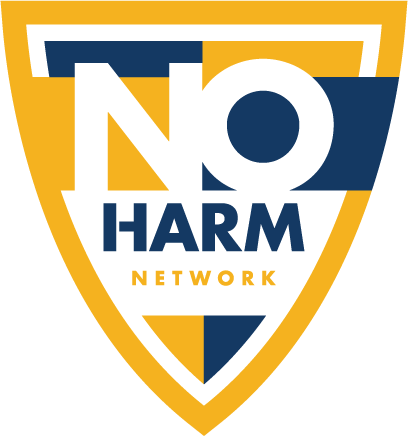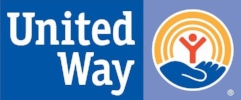Forgiving a Father
/Written By: Annette Bailey, NFNL Economic Empowerment Specialist
This month is dedicated to celebrating Fathers all around the world. Many of us come from broken or dysfunctional homes where the father is not very much celebrated due to the verbal, physical, sexual, or emotional abuse that was inside or outside the home. As a survivor, how many of us can express or even celebrate this prestigious moment of our fathers’ lives? Not many. As a survivor many of us have nothing but sad and unspoken memories of the father who may have sexually, physically, verbally, or emotionally abused them. For some, life’s precious moments were taken away by someone who was supposed to be their protector, guardian, a gentle and stable person whose desire is to be grounded and do their best.
Cultures have different messages about what it means to be a man, a husband, and a father as the provider; meaning “real men bring home the bacon and support their families.” The disciplinarian father must be safe and respectful today in this role; meaning no verbal, physical or emotional abuse. This brings me to my understanding of the role of a father. “Fathers, like mothers, are pillars in the development of a child's emotional well-being. Children look to their fathers to lay down the rules and enforce them. They also look to their fathers to provide a feeling of security, both physically and emotionally.” I am a survivor of sexual exploitation. My abuse came from my father who was verbally abusive towards me. As a child, I did have all the things mentioned about my father, but after I turned 16, my father told me that I was not his child and at that moment, my whole world turned upside down.
My mother and father were married for 57 years, and I knew that he was my father. Why would he tell me at age 16 that I was not his child? It’s mind-boggling right! Years have passed and much therapy was needed to forget the marks and stains of the words spoken from my father. So, if you have it in your heart to continue to live on and live free from the bondage of a father’s abusive behavior, FORGIVE and let go. Some years ago, I lost the man I grew up knowing as my father. But before his passing I was able to give comfort and support to the man who verbally and emotionally abused me as a young teen girl because of forgiveness.
Not all fathers fit inside this category. Maybe you were raised with a father who showed you all the characteristics of what a father should be like. To all fathers near and far around the world--raising children can be a difficult task. Here are two thoughts I submit for your consideration if you want to be in the category of a loving father:
Prepare yourself as much as possible before starting a family, and LOVE your child/children unconditionally.
To Fathers all around the world, Happy Father’s Day!






















